I am always astounded when my students tell me former teachers have told them they’re bad writers.
This quarter, someone implied I had.
We were at a writing workshop with Douglas Abrams, co-author of The Book of Joy. My student said her confidence was shattered–she had thought she was a great writer, but now she knew she was a bad one.
“Who told you that?”
She looked right at me.
I got defensive, immediately.
“I never said that–I would never say that.”
“But I got a bad grade on the punctuation quiz.”
“That was an automated quiz–I haven’t even seen it. And I certainly haven’t told you you’re a bad writer.”
The student seemed to think my distinction wasn’t important.
(Abrams tried to get us back on track by telling her to just put a comma wherever she would pause, which caused ALL of my students to swivel their heads to me, since I had told them that only people who don’t know the formal rules (and who aren’t professional editors) say that.)
My student’s feelings were hurt by the quiz results, though. She had been in AP English. She had been an editor for her school’s yearbook. My assuring the class that I go over punctuation with my graduate students hadn’t mollified her.
I tell my students that we all need more practice–that’s why writing classes, from remedial to graduate level, exist. I also tell them that I am usually their first and last hope at getting an actual explanation of punctuation.
None of my teachers had really gone over it. Having a BA in English doesn’t necessarily prepare you for teaching writing, especially at the nuts and bolts level. I taught myself the rules (and the names of them) when I was becoming a professional writing teacher, a professional editor. In other words, I had to go out of my way to understand the difference between the restrictive and nonrestrictive clause, the cumulative and the coordinating adjective.
(This lack of formal training is what leads to so many people saying that commas and pauses are interchangeable.)
My student isn’t a bad writer–she did fine in my class, especially since grammar is one small part of writing and therefore of writing instruction. But she is a graduating senior who makes comma and semicolon mistakes. The latter is compounded by her inability to spot and fix her unintentional fragments.
But I’m worried that her assumption about what I was “saying” with a quiz grade will change her memory of what I did say–what I would say.

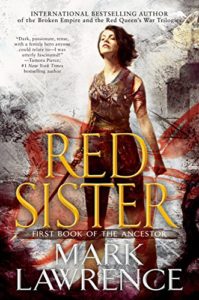
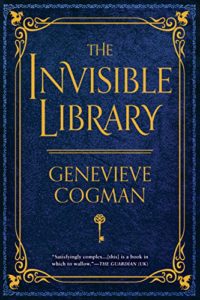
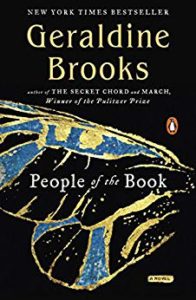
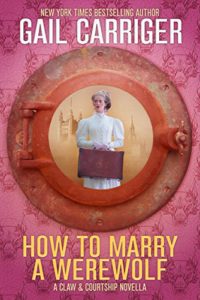
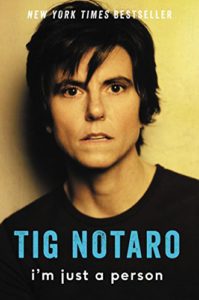

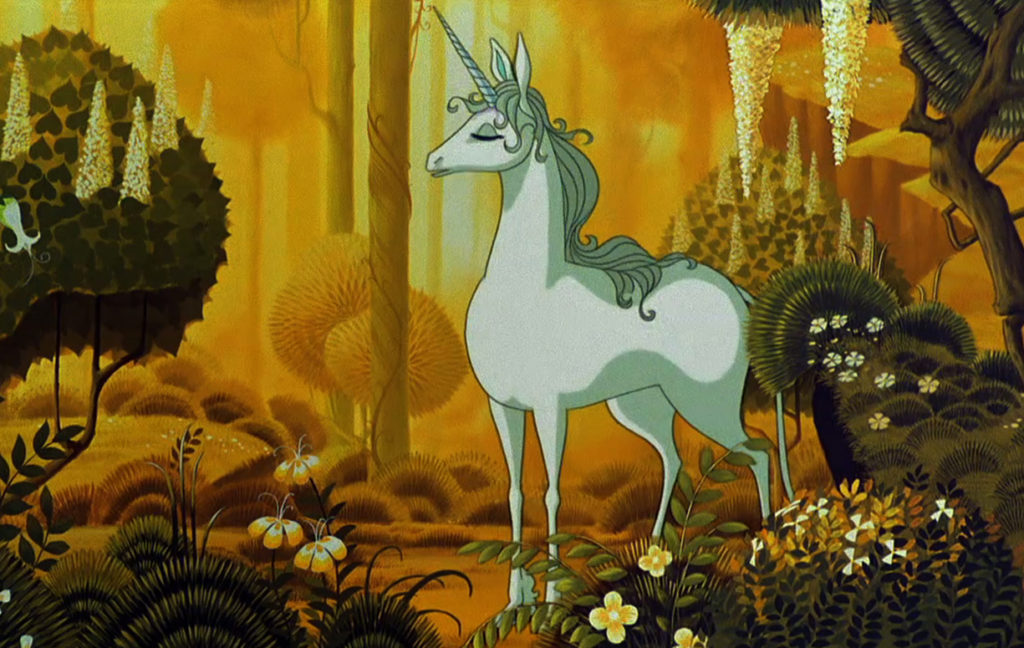
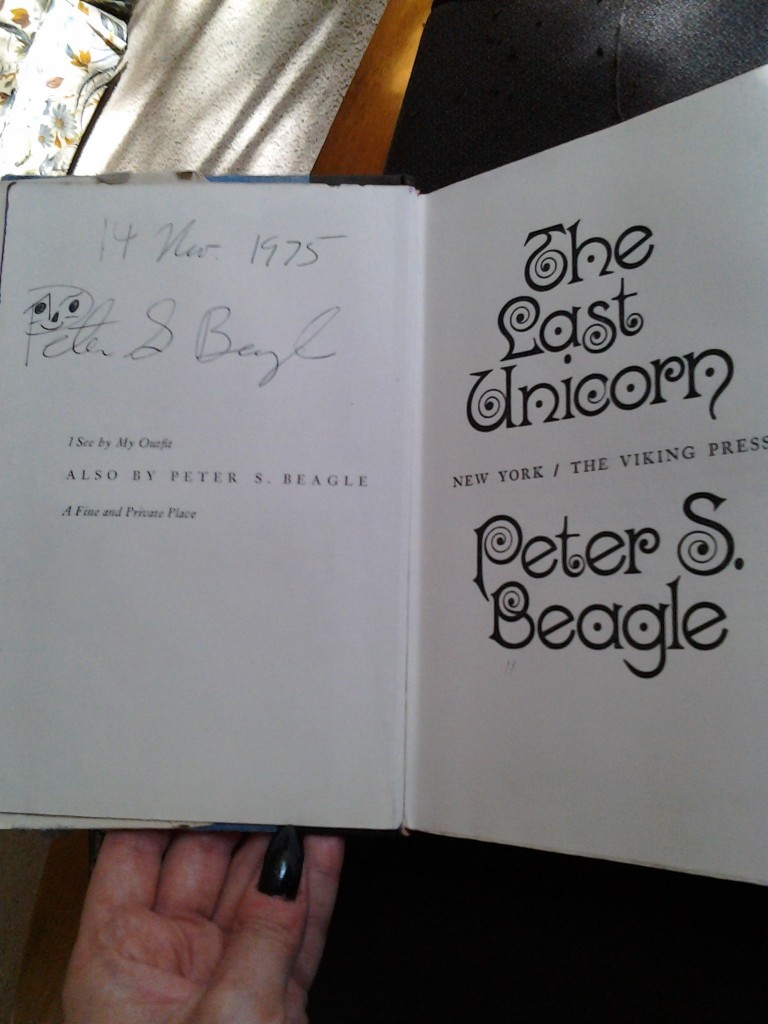
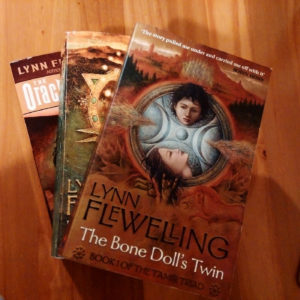
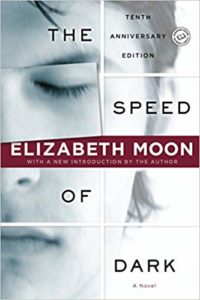
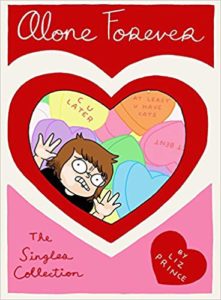

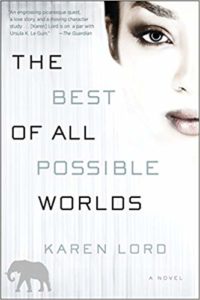
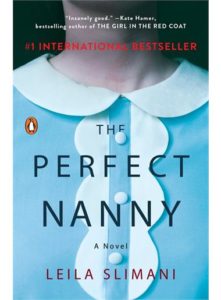




Recent Comments